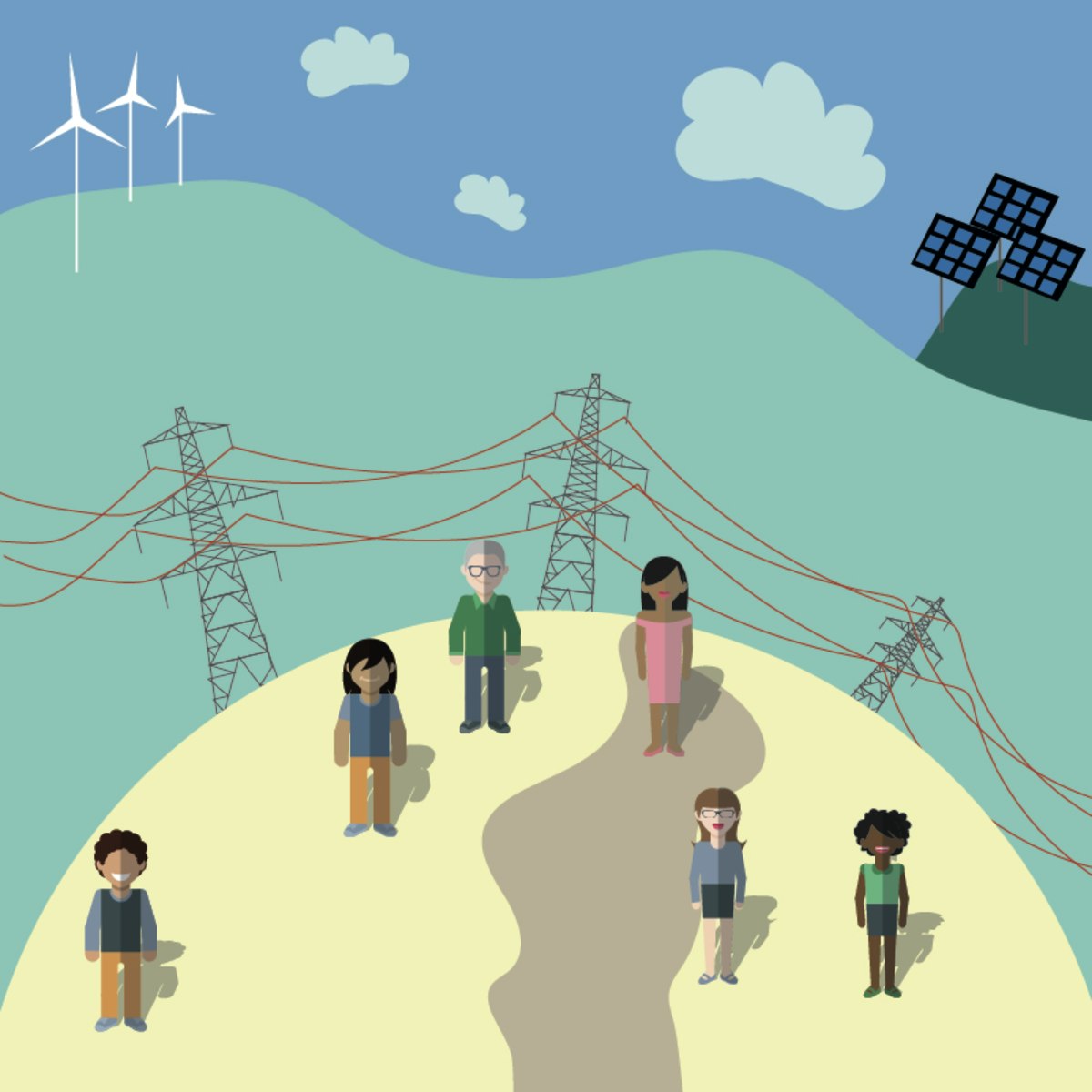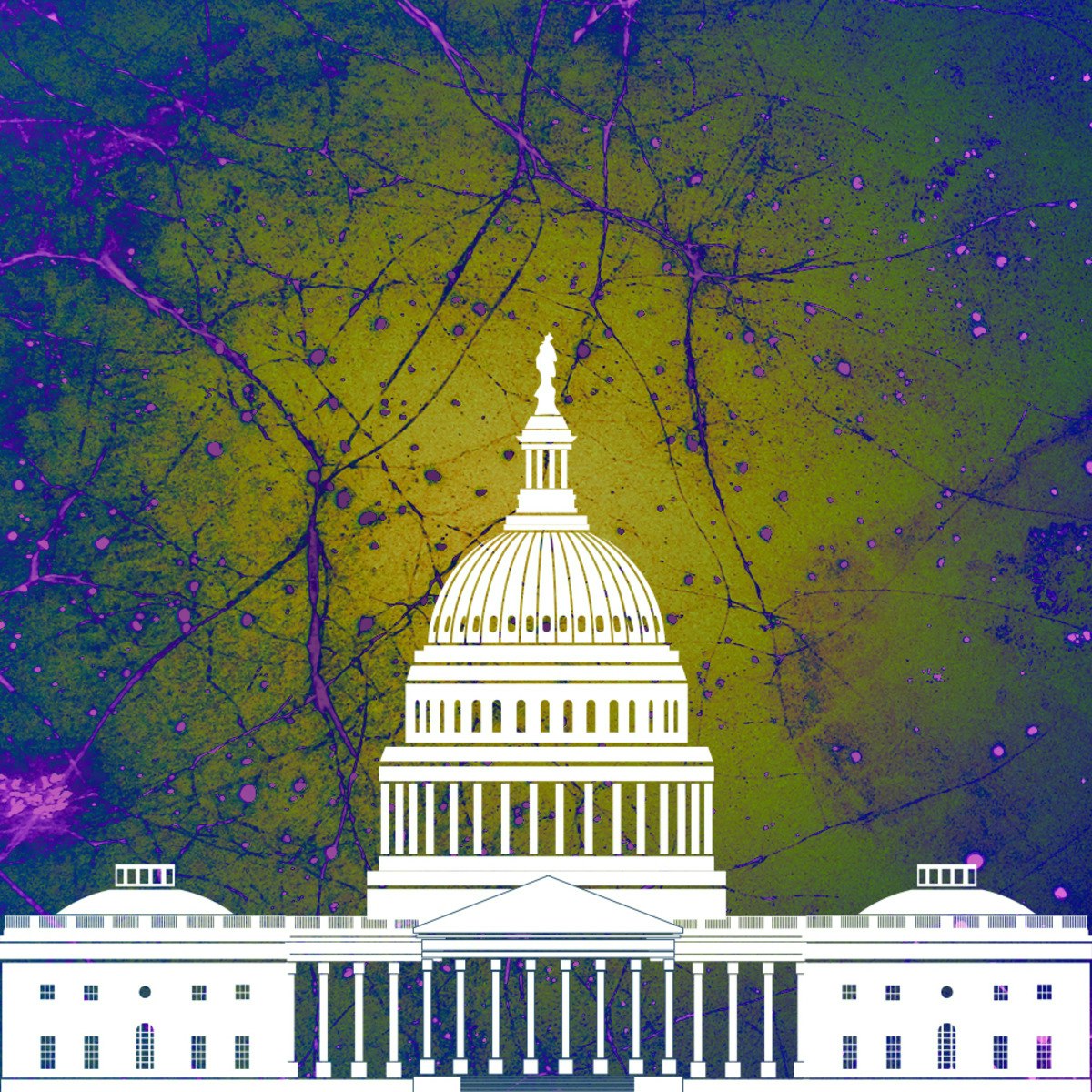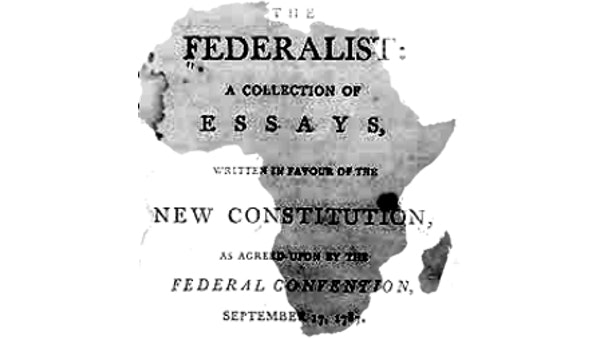Back to Courses









Social Sciences Courses - Page 56
Showing results 551-560 of 672

Reducing Gun Violence in America: Evidence for Change
Reducing Gun Violence in America: Evidence for Change is designed to provide learners with the best available science and insights from top scholars across the country as well as the skills to understand which interventions are the most effective to offer a path forward for reducing gun violence in our homes, schools, and communities.
Through this course, you will learn how to:
1. Appreciate the scope of gun violence and the importance of considering the issue across a variety of contexts.
2. Describe the role of law and policy in addressing gun violence at the federal, state, and local levels.
3. Compare the effectiveness of gun violence policies and highlight the importance of changing the way we talk about gun
violence.
4. Describe state standards for civilian gun carrying and use and how those standards affect crime and violence.
5. Describe how firearm design is regulated, the effective and just enforcement of firearm laws, and strategies for reducing
police-involved shootings.
6. Identify and explain evidence-based programs to reduce gun violence and understand public opinion on gun policy.
As a student of this course, it’s important to recognize that you are part of an international learning community. We understand that gun violence can be a difficult issue to discuss and we all have our own set of opinions and beliefs. However, we ask you to please remember that gun violence is something that affects every person differently. It’s important to understand that this course is intended to generate productive and meaningful conversation.
We ask students of this course to abide by the rules outlined and expected of you by Coursera’s Code of Conduct Policy. Please help us promote a healthy, productive, and sustainable learning environment for all and practice the following principles:
Be polite.
Treat your fellow learners with respect.
Insulting, condescending, or abusive words will not be tolerated.
Do not harass other learners.
Polite debate is welcome as long as you are discussing the ideas or the evidence, not attacking the person.
Be sensitive.
Remember that Coursera is a global forum with learners from many different cultures and backgrounds.
Be kind, thoughtful, and open-minded when discussing race, religion, gender, sexual orientation, or controversial topics
since others likely have differing perspectives.
Post appropriate content.
Content that violates the Honor Code or Terms of Service is not permitted.
You may not post inappropriate (e.g., pornographic or obscene) content.
Do not post copyrighted content.
Do not advertise or promote outside products or organizations.
Do not spam the forums with repetitive content.
Please note that violations of Coursera’s Code of Conduct, Honor Code, or Terms of service are not permitted and may result in:
Deletion of posted content.
Removal from the course.
Losing access to the Coursera site.
*It is important to also note that certain policies and laws mentioned in this course are likely to change and develop over time. As a result, we understand that course content may need to be updated to reflect such changes. While we will strive to do this as quickly as possible, we appreciate your patience. All information included in the course is reported accurately at the time of recording and we intend to update lectures as soon as possible and to the best of our ability.
The development of this course was made possible through generous financial support provided by the David and Lucile Packard Foundation, an organization committed to improving the lives of children, enabling the creative pursuit of science, advancing reproductive health, and conserving and restoring the earth’s natural systems.

Teach English Now! Foundational Principles
Through a series of engaging metaphors and stories, prospective and current EFL/ESL teachers will identify, summarize, and evaluate 7 basic language learning paradigms. Learners will be presented information on such foundational principles as motivation, risk taking, two different modes of learning, and balancing the teacher profession. Learners are also given an understanding of basic techniques founded on those principles, such as teacher talk, looking “ridiculous” in order to lower the affective filter, and networking. With these foundational principles in mind, ESL/EFL teachers will scrutinize common assumptions about language learning by comparing how they stack up to research-based core principles.

Climate Change Mitigation in Developing Countries
This course challenges you to consider how one might lift societies out of poverty while also mitigating greenhouse gas emissions. We explore the inherent complexity of developing country governments wanting to grow their economies in a climate friendly way. You will be introduced to an approach with which to address this challenge. The approach consists of a facilitated process whereby academic researchers and high-level influential actors within society co-produce knowledge. You will track this process in four Latin American countries - Brazil, Chile, Colombia, Peru, and South Africa. You will hear from various professionals about their contexts and the different challenges and opportunities the process includes.
This course will cover topics such as facilitation process techniques, energy modeling, scenario building, innovation and policy making. You will have the opportunity to respond to these topics with ideas and reflection from your own context. Whether you are a climate change practitioner, work in development or are simply curious about how climate mitigation is understood, this course will give you insights into the complexity of how countries from the South pursue development goals while addressing climate mitigation.
The course is free to enroll and take. You will be offered the option of purchasing a certificate of completion, which you become eligible for if you successfully complete the course requirements. This can be an excellent way of staying motivated! Financial Aid is also available.

Media ethics & governance
Media Ethics and Governance
About this course: This course explores some of the basic theories, models and concepts in the field of media ethics. We will introduce influential ethical theories and perspectives, explore changing societal demands and expectations of media creation and media use, and we will elaborate on existing ethical norms for media professionals. After following this course, you will be able to reflect on ethical dilemmas and develop a well-substantiated argumentation for ethical decision making in a variety of media-related contexts.
Upon completion of this course, students should:
• have knowledge of the history and development of perspectives on media ethics;
• have knowledge of the dominant theoretical approaches and concepts;
• be able to use this knowledge to develop a well-substantiated argumentation

US Social Services: Where did they come from?
The course probes the formation of social policy in the United States from its very first cultural and religious roots. Starting with the transition from hunter-gatherer groups to agrarian villages, the course will examine the passage of the Poor Laws that shaped social policy through the colonial period until the beginnings of the 20th century, when the challenge of making the industrial city livable gave rise to the development of the welfare state. As part of this transformation, the provider of social welfare shifted from the local community to the state to the federal government. The course ends with an exploration of the debate regarding the role of government in the late 20th century: should it foster entitlements or self-sufficiency? This course addresses issues of power, oppression, and white supremacy.
The course is part of a sequence in social policy that has an HONORS TRACK. This track will prepare the learner for masters-level work in policy, which involves reading the literature, writing concise summaries and probing critiques. Over the sequence the learner will develop a policy analysis that will create a foundation for professional policy analyst assignments.
Making Sense of the News: News Literacy Lessons for Digital Citizens
Never before has the need for News Literacy been more urgent. As news consumers are bombarded with a constant stream of fake news, propaganda, hoaxes, rumors, satire, and advertising — that often masquerade as credible journalism — it is becoming more and more difficult to distinguish fact from fiction. While the public’s faith in the news media erodes, purveyors of misinformation have helped give rise to troubling cultural trends and alarming political movements.
This six-week course will help learners develop their critical thinking skills to enable them to better identify reliable information in news reports and to become better informed about the world in which we live. The course will discuss the key elements of journalism from the viewpoint of the news audience.
The language of instruction is English, but Chinese and Spanish subtitles will be available. Each week will tackle a challenge unique to the digital era:
Week 1: The power of information is now in the hands of consumers.
Week 2: What makes journalism different from other types of information?
Week 3: Where can we find trustworthy information?
Week 4: How to tell what’s fair and what’s biased.
Week 5: How to apply news literacy concepts in real life.
Week 6: Meeting the challenges of digital citizenship.

Federalism & Decentralization: Evaluating Africa's Track Record
In this political science course you will learn about the twin concepts of federalism and decentralization. You will develop an understanding of the core ideas that federalism and decentralization rest on, and study the building blocks that make them both work. Following a general overview of both federalism and decentralization, we will examine a number of case-studies from Africa where federalism and decentralization have been changing the continent’s political landscape in the last twenty years, coinciding with unprecedented levels of economic growth.
What is federalism and how is it different from decentralization? What are the core ideas behind these concepts? Do federalism and decentralization enhance democracy, governance and diversity? Is that why virtually all countries south of the Sahara are now either federal or decentralized? We will be looking at Africa's track-record in order to answer these questions.
By the end of the course, you will have acquired a general knowledge of federalism/decentralization and additional empirical knowledge of a number of African cases. Upon completion you will also acquire the ability to unpack and understand a variety of potential consequences of federalism/decentralization reforms in the developing world.

Resilient Teaching Through Times of Crisis and Change
Resilient teaching is the ability to facilitate learning experiences that are designed to be adaptable to fluctuating conditions and disruptions. This teaching ability can be seen as an outcome of a design approach that attends to the relationship between learning goals and activities, and the environments they are situated in. Resilient teaching approaches take into account how a dynamic learning context may require new forms of interactions between teachers, students, content, and tools. Additionally, they necessitate the capacity to rethink the design of learning experiences based on a nuanced understanding of context.
The course is designed with higher education faculty, lecturers, and graduate student instructors in mind, but may also be applicable to educators in a wide variety of instructional environments. The course is aimed at participants who may be asked to rethink how they teach in the immediate or near future due to the ever-changing circumstances of the current COVID-19 pandemic. While the creation of this course is motivated by the current crisis, we expect it will remain relevant to instructors who are faced with disruptions and change to their teaching for any number of reasons and must quickly adapt their course designs.
To support learning and reflection, we are introducing a new journaling tool within the course that provides a place for participants to reflect on their own experiences. To support community growth, participants can choose to share their journal entries with the wider course community in an interactive gallery space.

Teach English Now! Capstone Project 1
In the final Capstone Project, you will apply the skills you learned by observing teachers at work (a total of six hours of observation). You will build on the concepts learned from the previous courses to analyze the lessons. You will also submit your teaching philosophy, a five-day lesson plan, and a teaching tip. You will deliver a portion of your lesson, submitting a 6-10 minute video for peer review. If you have completed Teach English Now! Part 1 and Teach English Now! Part 2, you will submit your work for expert review to receive your ASU 150-hour TESOL Certificate from ASU, in addition to your Coursera certificates.

Water Supply and Sanitation Policy in Developing Countries Part 1: Understanding Complex Problems
Our course explores what can be done to solve the complex problem that half a billion people worldwide do not have improved water supplies and two billion do not have improved sanitation. We look forward to you joining us. We want to help you develop the skills you need to address this major global challenge of the 21st century.
Our course has informative video lectures and guest interviews with leading water policy scholars and practitioners. We will provide you with discussion forum topic prompts, which will invite you to engage with other learners from around the globe. Our MOOC will also ask you to attempt weekly quizzes and a challenging assignment that tackles a real water and sanitation problem in a difficult setting.
Please watch this trailer: https://youtu.be/Q-HmaCZNd0k
Popular Internships and Jobs by Categories
Find Jobs & Internships
Browse
© 2024 BoostGrad | All rights reserved